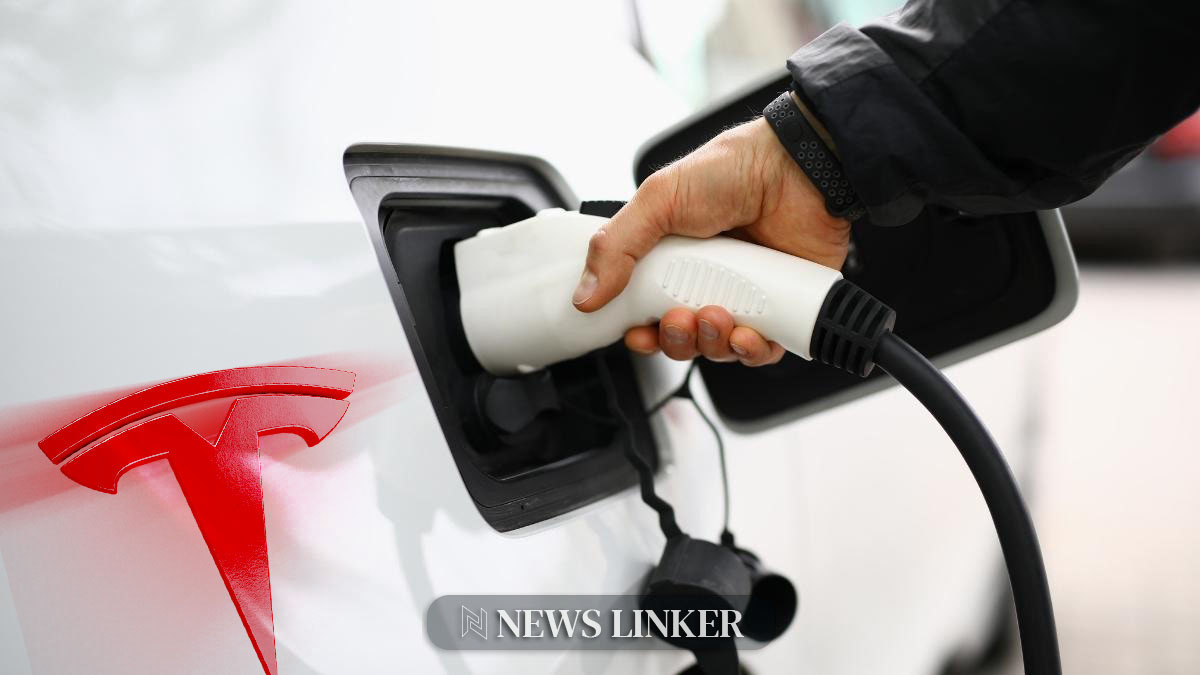Tesla‘s approach to collective bargaining in Sweden has come under scrutiny as Norway’s largest pension company, KLP, raises the possibility of submitting a shareholder proposal for the 2024 annual meeting. The electric vehicle leader faces continued pressure from Swedish trade union IF Metall, which has resorted to protests and blockades since the previous year. This ongoing labor dispute underscores the broader conversation regarding labor rights and corporate governance, as well as the role of investors in influencing company policies.
The Ongoing Labor Dispute
Elon Musk, Tesla’s CEO, has publicly conveyed his belief that the tensions in Sweden surrounding labor issues have subsided. Despite the challenges posed by union blockades, particularly affecting the Supercharger stations, Musk remains optimistic about Tesla’s future in the country. KLP’s head of responsible investments, Kiran Aziz, however, argues that Musk is underplaying the seriousness of the situation. The investor community, including KLP, had previously urged Tesla to address the conflict and suggested that they might divest from Tesla shares if a collective agreement was not reached.
Investor Concerns and Strategies
The lack of response from Tesla to the investors’ letter in December has led KLP to consider further actions, such as proposing a shareholder resolution at Tesla’s annual general meeting. Aziz stresses the importance of collective bargaining in the Nordic labor model and indicates that investors will persist in addressing their concerns, regardless of Musk’s stance on the matter.
Tesla’s Position amid the Turmoil
Tesla maintains that its Swedish workforce is sufficiently compensated, negating the need for a collective agreement. The automaker points out that the majority of its Swedish employees have not participated in the strike action initiated by IF Metall. In addition, Tesla’s popularity in Sweden seems unaffected, with the Model Y emerging as the most registered vehicle in Sweden in March 2024. This success comes in the backdrop of KLP holding a substantial number of Tesla shares, with the company awaiting a response from Tesla regarding its latest concerns.
The issue of union representation and collective bargaining within the technology and automotive industries has been a longstanding debate. For example, an article by Reuters titled “Tesla faces pressure from U.S. labor board over worker rights” provides insights into similar challenges Tesla faced in the United States, highlighting the company’s often contentious relationship with labor organizations. Additionally, an article from Bloomberg titled “Tesla’s German Gigafactory Faces Criticism Over Labor Conditions” sheds light on comparable disputes at Tesla’s European operations, suggesting that the company’s labor practices are under international scrutiny.
Useful Information
- KLP is Norway’s largest pension fund and a significant Tesla shareholder.
- Tesla’s labor practices in Sweden have sparked controversy and potential investor action.
- Collective bargaining is a critical issue in the Nordic business model.
Despite the ongoing labor dispute in Sweden, Tesla continues to thrive in the market, with the Model Y leading vehicle registrations. KLP’s considerations to introduce a shareholder proposal at Tesla’s annual meeting highlight the growing emphasis on corporate responsibility and labor rights within the investment community. This situation not only reflects the challenges companies like Tesla face in navigating different labor models across countries but also the potential influence investors can exert on corporate policies. The unfolding scenario will be pivotal in shaping the discourse around labor practices in the tech and automotive industries, especially as large institutional investors like KLP take a more assertive stance on social governance issues.










